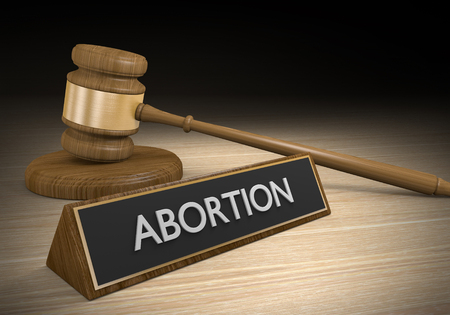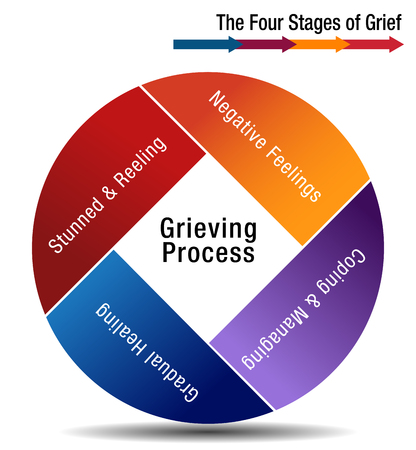Choosing to terminate a pregnancy is never an easy decision to make. Even when it’s the right decision for your situation, you may experience unexpected emotions you’re unsure how to deal with.
If you’re considering, planning, or have recently had an elective abortion, you need to be prepared for how the procedure could affect you not just physically but mentally and emotionally as well. Grief, while not always experienced, is an emotion that commonly surfaces after voluntary pregnancy termination. The better you understand abortion grief, the easier it will be to overcome.
The Emotional Responses to Having an Abortion
The emotional effects of an abortion can be positive, negative, or even a combination of the two. Conflicting feelings are normal in this situation, but that doesn’t mean they aren’t confusing. Most women feel relief after an abortion, maintaining that they made the right decision even years after the procedure. It is not uncommon, however, for that relief to be coupled with guilt, sadness, and other negative emotion immediately following your experience.
Abortion grief, specifically, is characterized by elements of sadness and depression that result from a terminated pregnancy or unresolved emotions related to the pregnancy itself.
Disenfranchised Grief
Disenfranchised grief, a relatively newer term, is grief due to a loss that is not or cannot be acknowledged openly, publicly, or that is not sanctioned by society. Loss in these situations is often ignored, minimized, or even considered unjustified by others.
When your normal resources for support are limited, it can be more challenging to deal with the negative emotions you may be experiencing after your abortion. Social stigma, religious beliefs, relationship problems, and interruptions to your hormone cycle due to pregnancy can all contribute to abortion grief.
How Grief Manifests After Abortion
There is no right way to react or feel after terminating a pregnancy. Feelings of loss and sadness after an abortion may be expressed (consciously or unconsciously) in many different, self-destructive behaviors and mental health problems.
A woman dealing with abortion grief may experience, for example, some of the following:
- Suicidal thoughts/behaviors
- Eating disorder
- Depression
- Anxiety
- Drug and/or alcohol abuse
- Difficulties communicating and bonding in relationships
- Mood swings
- Low self-esteem
- Feelings of hopelessness & isolation
It’s important to understand that, although these are some of the more common symptoms of abortion grief, it does not always look the same. Your emotional response to elective abortion will depend on your situation, pre-existing mental health conditions, and other factors.
Letting Yourself Feel Your Emotions
The only way to accept, process, and let go of negative emotions after an abortion is to let yourself feel them. Feeling overwhelmed, relieved, guilty, angry, etc., is normal. This does not mean that you made the wrong decision.
Forgive yourself and allow yourself to feel the pain of your loss.
When to Seek Help
The negative emotions you experience after terminating a pregnancy will likely dissipate in time. Focus on doing things that are good for you—exercising, eating healthy, seeing friends, engaging in your favorite hobbies—and returning to normalcy. Finding support from your friends, family, partner, or even a community or online group will also help you through the healing process.
If, however, your symptoms do not start to improve or become worse, it’s time to seek medical attention. Persistent grief can, unfortunately, turn into ongoing depression if left untreated. In this case, the best course of action usually includes a combination of counseling, therapy, and possibly medication.
Take steps to reduce your risk of intense abortion grief by meeting with a medical professional to discuss your options, questions, and concerns about pregnancy termination. At South Avenue Women’s Services, we assure you you’re never alone. Our experts will review everything you need and want to know before, during, and after your abortion procedure so you’re prepared to cope with whatever comes next.
Contact us today at (585)271-3850 to obtain the confidential and compassionate care you need and deserve.



